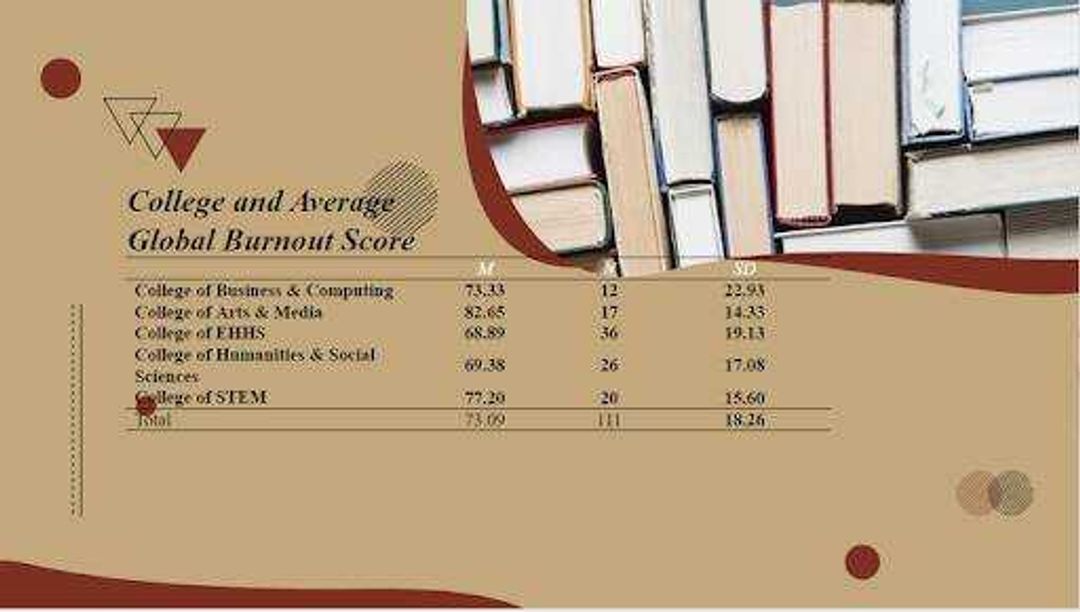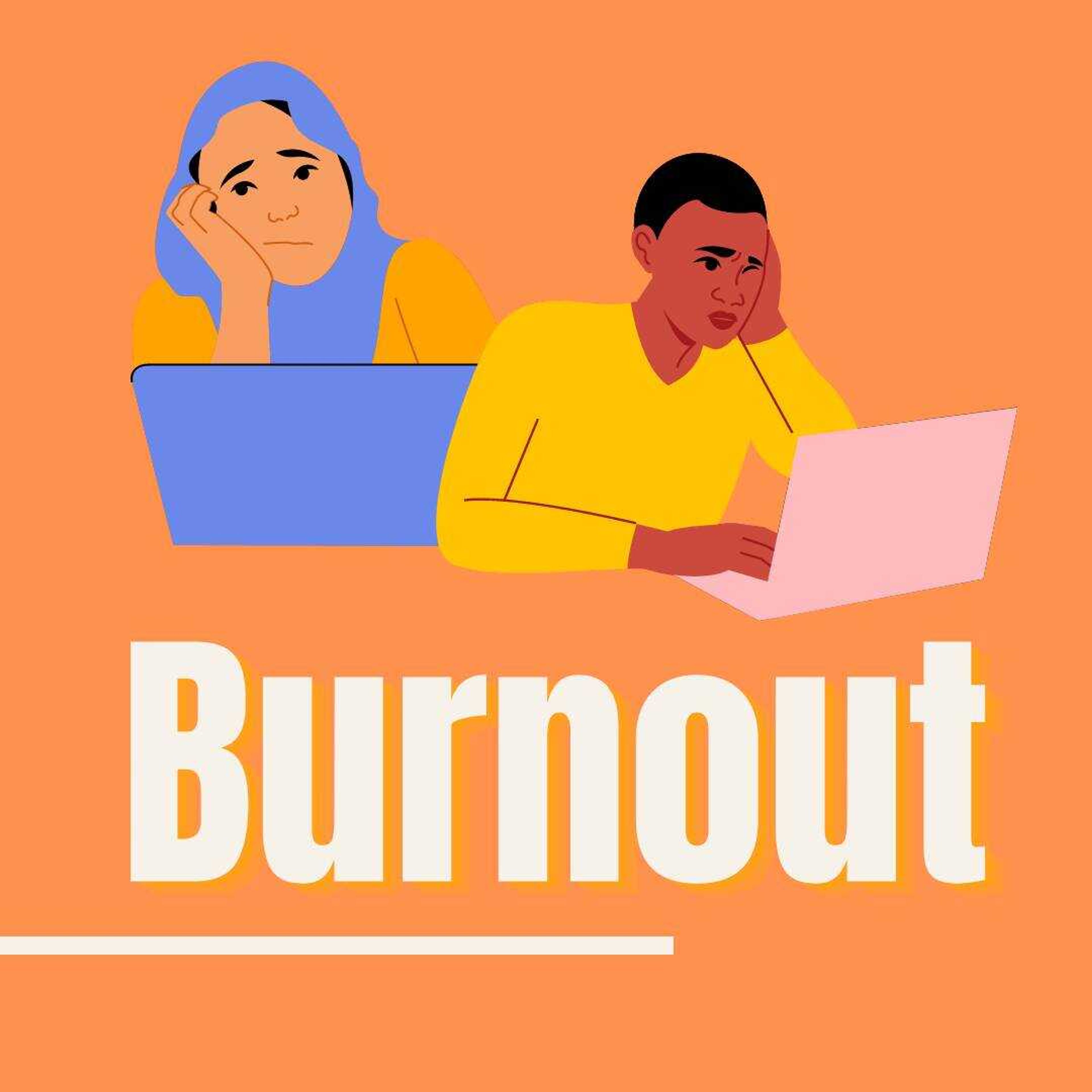What is burnout, and how can it be prevented?
What is burnout, and how does it relate to stress?
What is burnout, and how does it relate to stress?
Some members of the Southeast community spoke up about their experiences with prolonged stress that has led to burnout and what they do to combat those feelings.
Program coordinator for the master of arts in higher education administration Brooke Clubbs studies burnout. When gauging if someone is burned out, Clubbs says it’s important to first identify what one is actually experiencing.

“My advice to folks would be to make sure that you're using the correct label for what you're experiencing,” Clubbs said. “Because the solutions are going to vary depending on what you're actually experiencing.”
So, what is burnout? Clubbs said burnout has been defined by Christina Maslach, who developed the burnout inventory. The Maslach Burnout Inventory includes three defining features, including emotional exhaustion, depersonalization and a lack of feeling personal accomplishment.
Clubbs said emotional exhaustion is the feeling of being “used up at the end of the day.” Clubbs said an example of depersonalization for a faculty member would be if a teacher stopped caring about what happened to their students. Clubbs described a lack of personal accomplishment as feeling like what individuals do doesn’t matter.
“True burnout happens when someone was on fire — really passionate about something,” Clubbs said. “You have to be on fire in order to burn out.”
The World Health Organization (WHO) recently recognized burnout as a mental health disorder distinct from depression, according to Clubbs.
Licensed professional counselor at Southeast Donna St. Sauver said the effects of burnout can be similar to many mental health conditions.
“You're feeling fatigued. Your routine of your basic needs — sleep, consumption, play — isn't working any longer,” St. Sauver said. “Burnout is when you have this level of stress for a period of time, and your coping skills aren't working.”
St. Sauver said burning out can happen to anyone who experiences prolonged stress. Clubbs stated there isn’t a particular way of working that will trigger burnout. For example, some people can have a lot of work to do, but if they find it rewarding and are well-supported, they won’t experience burnout, Clubbs stated. Others might have much less to do, but they no longer find the work meaningful or they aren’t well supported, and they experience burnout.
The effects of burnout can have an impact outside of the stressful environment. Nontraditional social work sophomore Tracy Moore said one particular class this semester has been a source of prolonged stress. Moore said she has been eliminating other obligations and activities in hopes of decreasing feelings of burnout.

“I’m getting really sick of it,” Moore said. “I want my life back.”
Although the impact of burnout can be significant, there are methods of coping and recovering from burnout. St. Sauver said getting some distance from a stressor, such as not bringing work home, is a good first step to coping with burnout. Additionally, Clubbs recommends social support, such as communicating with a peer who is involved in similar activities, as a coping mechanism.
There are several ways Clubbs suggested to show social support, such as validating feelings and finding things to enjoy doing with someone else. For students, looking back through kind notes, good grades or comments a teacher made, or reliving a good presentation can offset school-related burnout. Socialization such as getting a cup of coffee, ice cream, lunch or time in the hammocks in front of Academic are great ways to support people, according to Clubbs.
Clubbs said social support and time management can also help prevent burnout.
“It's one thing to be like, ‘OK, well, I'm drowning. Let me describe the water,’” Clubbs said. “And it’s another thing to put your life preserver on so that [if] you fall in the water, you can get out.”
St. Sauver suggested a healthy routine consisting of seven to nine hours of sleep a night, a nutritious diet and time for fun to combat burnout. To access SEMO’s counseling services, visit the counseling services website.






